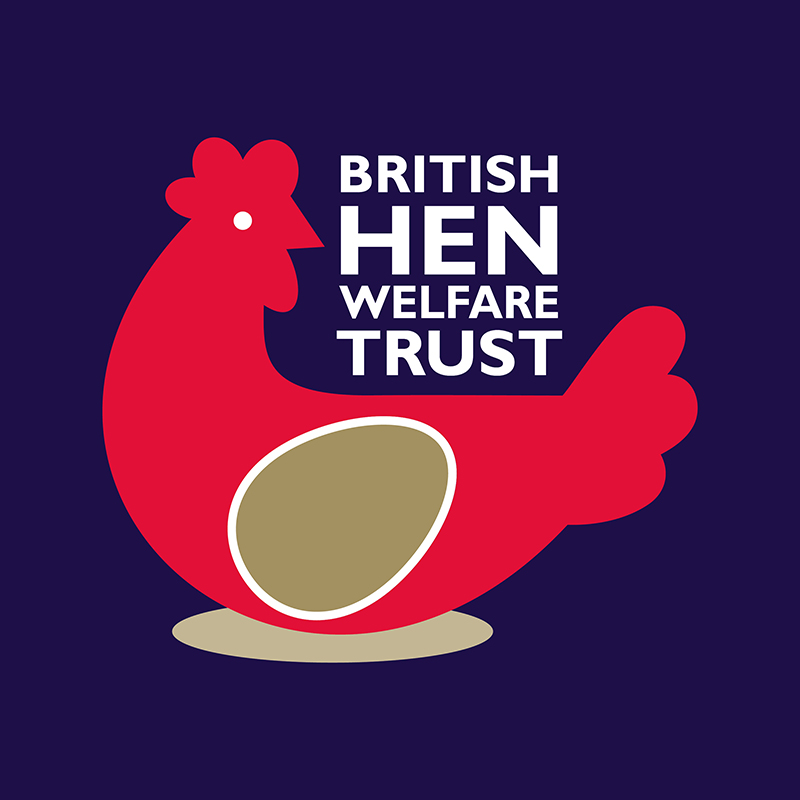
the intensive production of eggs from caged hens does not sit easy with me; where do you stand?

the intensive production of eggs from caged hens does not sit easy with me; where do you stand?
Hybrid layers are bred to be docile, so as not to object too much to their confinement or become too troublesome towards their cage companions. Consequently, they make really superb little pets and delightful friends. They are also spanking good layers, knocking out an egg a day all year round which keeps me trotting up and down to my roadside egg shelter in all weathers. On the down side I have found that they tend not to be long lived, (which is probably to do with the detrimental effects of their original caged existence), but they live their lives with an enviable zest. Each day a blessing of freedom and a gift of contented discovery, for at least a couple of years (usually).
The British Hen Welfare Trust takes caged birds at the end of their commercial lives (which is in fact not very old at all) and finds homes for them. Adopters book birds online and collect from a nationwide network of volunteer coordinators. When the York coordinators (from whom I had previously collected my birds) retired, I lived in expectation of somebody coming forward to take on the role. Nobody did. Eventually I volunteered, along with a friend and neighbour. And between us we are now the official York coordinators getting close to facilitating the rehoming of our first 1,000 birds.
If you are interested in the joy of adopting some hens who have seen nothing but the inside of a cage then book online with the BHWT. Without rehomers these end-of-commercial-life birds are destined for pet food and pies which is a pitiful waste of a life that has yet to truly begin. Their delight in discovering there is more than mere existence, will be easily matched by the profound satisfaction of your own benevolence.